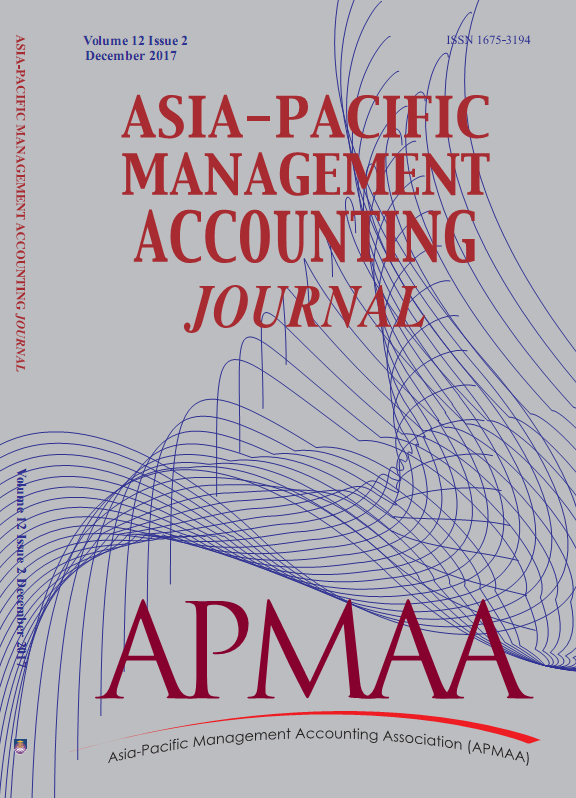Volume 16 Issue 3, December 2021
ARTICLE INFO
Article History:
Received: 28 May 2021
Accepted: 25 August 2021
Published: 1 December 2021
EFFECTS OF PROFESSIONAL SKEPTICISM, COMPETENCY AND WORKLOAD COMPRESSION ON THE ABILITY TO DETECT POSSIBLE FRAUD AMONG GOVERNMENT AUDITORS
Mochammad Solichin1*, Zuraidah Mohd-Sanusi2, Razana Juhaida Johari3 and Tri Gunarsih4
1Faculty of Business and Humanities, Universitas Teknologi Yogyakarta, Indonesia
2Accounting Research Institute, Universiti Teknologi MARA, Selangor, Malaysia.
3Faculty of Accountancy, Universiti Teknologi MARA, Selangor, Malaysia
4Faculty of Business and Humanities, Universitas Teknologi Yogyakarta, Indonesia
The purpose of this study was to investigate the impact of professional scepticism, competence, and workload compression on an auditor's ability to detect potential fraud. This sample consisted of 149 government auditors from the Indonesian Local Government Inspectorate. Data was gathered through the use of a questionnaire and analysed using the Partial Least Squares Structural Equation Modeling. The findings revealed that internal attribution (professional scepticism and competency) have a significant impact on an auditor's ability to detect the possibility of fraud. Workload compression as an external attribution, did not have a meaningful influence on an auditor's ability to detect probable fraud. Workload reduction was also found to be ineffective in moderating the relationship between internal attribution and an auditor's ability to detect probable fraud. The findings can guide local governments in developing policies aimed at enhancing the role of government auditors in detecting fraud.
Keywords: government auditors, professional skepticism, attribution, workload compression


